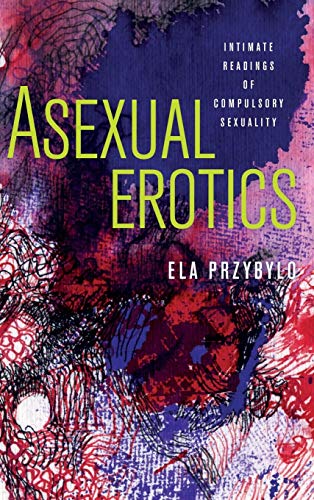

Most ebook files are in PDF format, so you can easily read them using various software such as Foxit Reader or directly on the Google Chrome browser.
Some ebook files are released by publishers in other formats such as .awz, .mobi, .epub, .fb2, etc. You may need to install specific software to read these formats on mobile/PC, such as Calibre.
Please read the tutorial at this link: https://ebookbell.com/faq
We offer FREE conversion to the popular formats you request; however, this may take some time. Therefore, right after payment, please email us, and we will try to provide the service as quickly as possible.
For some exceptional file formats or broken links (if any), please refrain from opening any disputes. Instead, email us first, and we will try to assist within a maximum of 6 hours.
EbookBell Team

4.0
26 reviewsChallenging what she sees as an obsession with sex and sexuality, Ela Przybylo examines the silence around asexuality in queer, feminist, and lesbian thinking—turning to Audre Lorde’s work on erotics to propose instead an approach she calls asexual erotics, an alternative language for discussing forms of intimacy that are not reducible to sex and sexuality. Beginning with the late 1960s as a time when compulsory sexuality intensified and became increasingly tied to feminist, lesbian, and queer notions of empowerment, politics, and subjectivity, Przybylo looks to feminist political celibacy/asexuality, lesbian bed death, the asexual queer child, and the aging spinster as four figures that are asexually resonant and which benefit from an asexual reading—that is, from being read in an asexually affirming rather than asexually skeptical manner.
Through a wide-ranging analysis of pivotal queer, feminist, and anti-racist movements; television and film; art and photography; and fiction, nonfiction, and theoretical texts, each chapter explores asexual erotics and demonstrates how asexuality has been vital to the formulation of intimate ways of knowing and being. Asexual Erotics assembles a compendium of asexual possibilities that speaks against the centralization of sex and sexuality, asking that we consider the ways in which compulsory sexuality is detrimental not only to asexual and nonsexual people but to all.